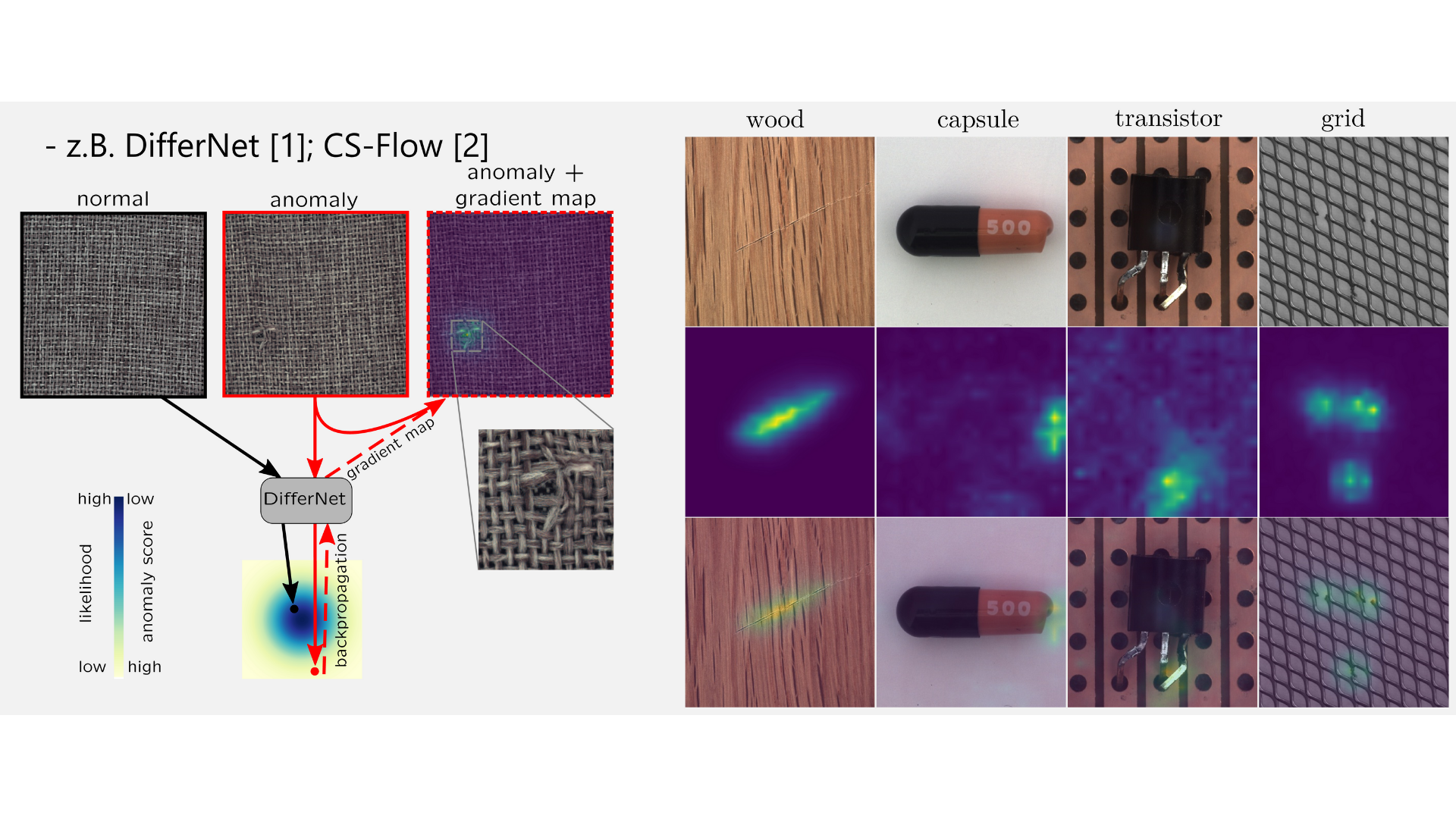The KISSKI events offer the opportunity to engage in dialogue with industry and AI experts, such as here at a poster session. ©Photo: GWDG (CC BY-NC-ND 3.0)
AI – Service Centre
AI for All
“I didn’t realise it was that easy!” L3S employees often hear this when teaching the basics of machine learning and providing access to computing resources, for example via KISSKI, the AI Service Centre for Sensitive and Critical Infrastructures. KISSKI is one of four national AI contact points for companies and research institutions.
The journey from vague ideas to professional AI services
It often starts with a cautious enquiry by email or an initial conversation: ‘I’ve heard something…’, ‘Can I ask a very naive question?’ or ‘Isn’t it all voodoo after all?’ Uncertainty and doubt are not uncommon when it comes to the use of artificial intelligence. This is precisely where L3S comes in with its expertise. ‘There are no stupid questions, and AI is not voodoo; it’s a powerful tool worth taking a closer look at,’ emphasises Prof. Dr Bodo Rosenhahn, who coordinates L3S’s activities at KISSKI.
Whether the focus is on increasing efficiency in companies, production, logistics and safety, or training needs and research topics, L3S is prepared for many possible enquiries and has the right services, which can currently be booked free of charge. KISSKI is prepared for many possible enquiries and has the right services, which can currently be booked free of charge.
Disruptive AI
Artificial intelligence (AI) and machine learning have long since become part of our everyday lives. AI enables and enhances countless services, such as personalised advertising, text and image generation, and automated translation. Making these methods usable is crucial for a sustainable economy, science and administration. This applies to all areas, including corporate and HR management, production and sales. AI increases productivity and helps to counteract the shortage of skilled labour.
At the same time, successfully using AI requires reliable access to high-quality, secure, usable machine, process or supply data. For AI to realise its full potential, a safe and open-minded approach to AI is also required. This so-called AI literacy — the sound understanding and competent application of AI — can be achieved through early and continuous investment in training and further education, as well as through specific services such as those offered by KISSKI.

Customised further training
KISSKI is a BMBF-funded joint project involving the University of Göttingen, the L3S research centre, and other university and industry partners. The project aims to strengthen the German computing and service infrastructure, providing companies and research institutions with low-threshold access to modern AI methods. KISSKI primarily aims to impart methodological expertise in AI and demonstrate to companies how they can use AI profitably.
L3S scientists contribute their expertise in areas such as safety, automated machine learning (autoML), anomaly detection, process parameter optimisation, explainable AI, and unsupervised learning methods. As implementing and integrating AI into existing IT systems and processes in established companies can be complex, L3S offers customised training and further education for companies of various sizes and in different industries.
Creating added value with AI applications
“Integrating AI methods into practice is not guaranteed to be successful and requires a prudent approach to computing infrastructure, data, algorithms and implementation,” says Rosenhahn. In the past, L3S has optimised process parameters for companies, minimised machine downtime through predictive maintenance, and improved the production of innovative products in a sustainable way. “By reducing waste, energy consumption, CO₂ emissions and production time, efficiency has increased by up to 20 percent,” says Rosenhahn. This success pays off not only economically, but also contributes to sustainability thanks to lower resource consumption.
In another consultancy project, L3S scientists successfully introduced anomaly detection methods to monitor process plants. AI helps to recognise production downtimes, damage to machines and systems, and safety-critical situations, enabling timely action to be taken. In a different project, L3S used explainable AI methods to make decision-making processes more transparent and ensure compliance with EU regulations.
Trust is crucial
Large AI language models and chatbots can improve communication between humans and machines. For example, they can be used to communicate requirements to the AI system or to assess the trustworthiness of generated texts, videos or images. Ultimately, whether AI is accepted by users and can realise its potential for the economy and society depends on trust in the technology.
‘AI is a real opportunity for our local economy,’ says Rosenhahn. The substantial investments in AI development and application in America, Asia, and parts of Europe demonstrate that numerous countries recognise the potential of AI. ‘To remain competitive, we need to invest more in technology and talent, and to transfer promising ideas into concrete products and services more effectively.’ With the AI service centre KISSKIT, L3S and its partners have created a successful offering that supports businesses and society in their AI transformation. This makes it all the more important not to let up, but to further expand these central AI offerings.
Contact

Prof. Dr. Bodo Rosenhahn
Bodo Rosenhahn is Director at L3S and heads the Institute for Information Processing at Leibniz Universität Hannover. He conducts research in the fields of computer vision, machine learning, quantum computing and big data.


